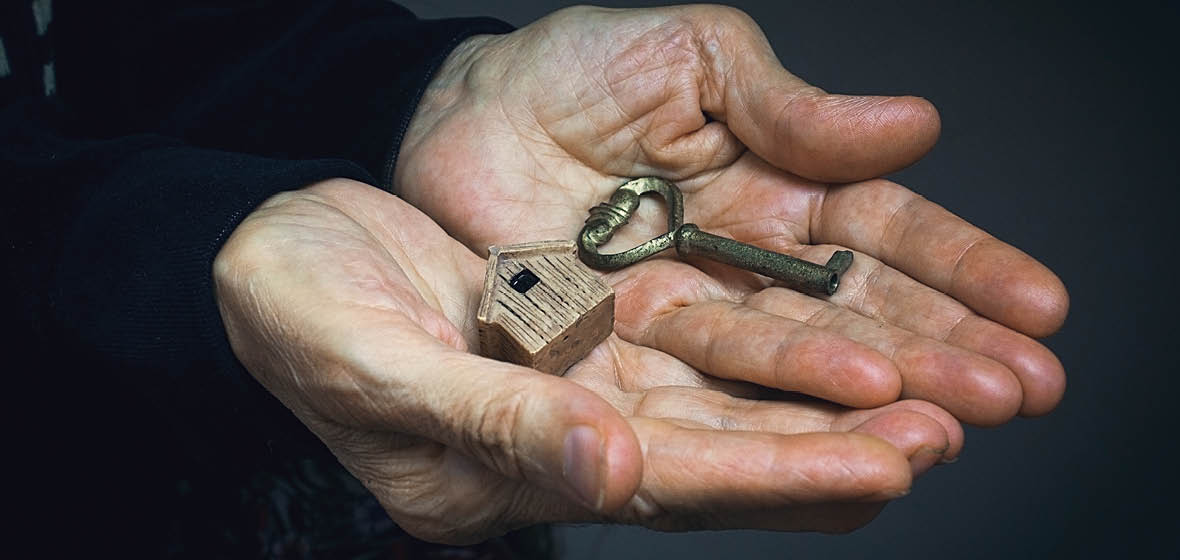By David Price -
Snapshot
- The suspicious circumstances rule operates to require the party propounding the will to prove testamentary capacity and/or knowledge and approval.
- The rule is not a cause of action or a defence, nor does it invalidate a will.
- The standard of proof required to discharge a well-grounded suspicion is the balance of probabilities.
This article deals with the issue of suspicious circumstances surrounding the execution of a will. It is the third in a series dealing with practical issues that commonly arise in estate litigation. The first article, published in the October 2019 issue of the Law Society of NSW Journal, dealt with testamentary capacity and the second, published in the December 2019 issue, dealt with knowledge and approval.
As with testamentary capacity and knowledge and approval, the principles concerning suspicious circumstances also focus attention on proof of the mental elements that must be established for a will to be valid.




